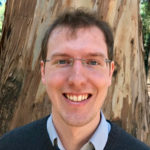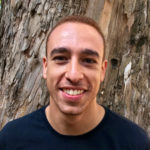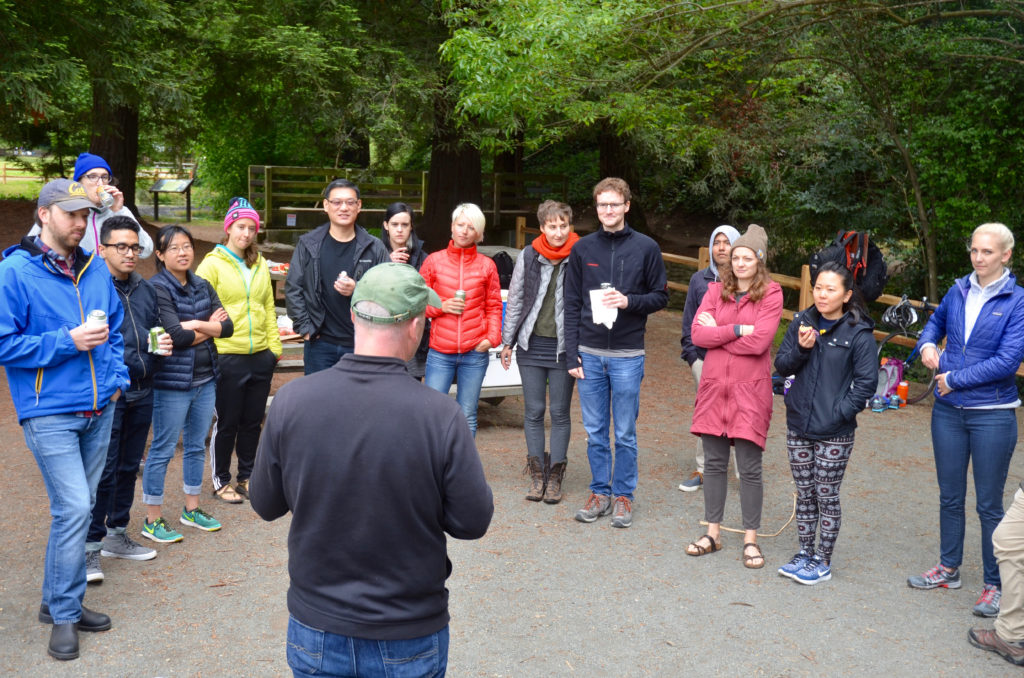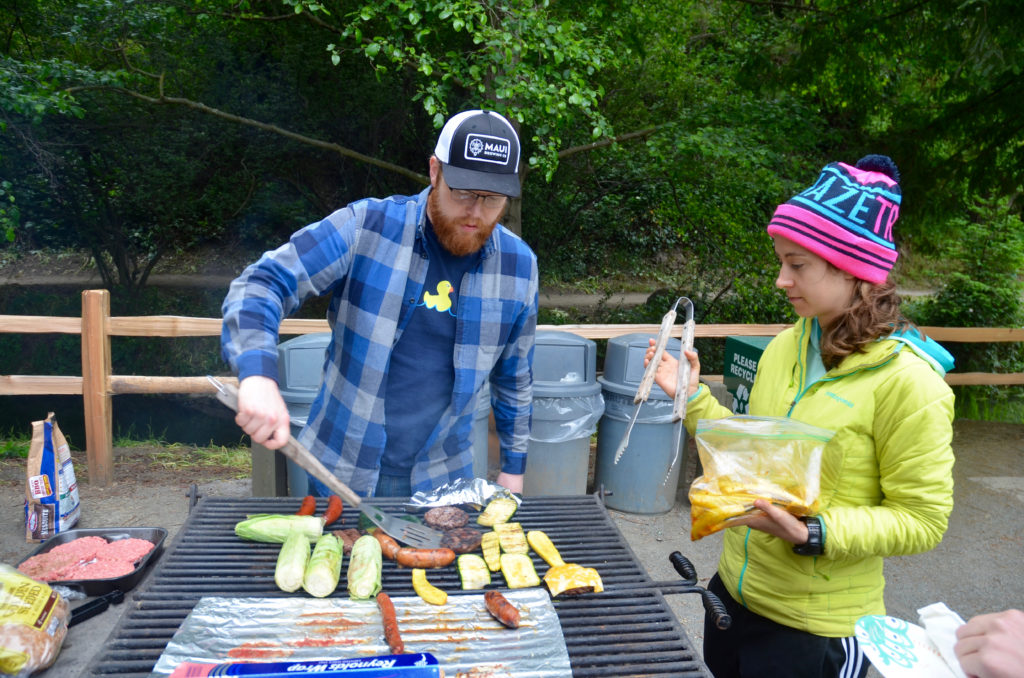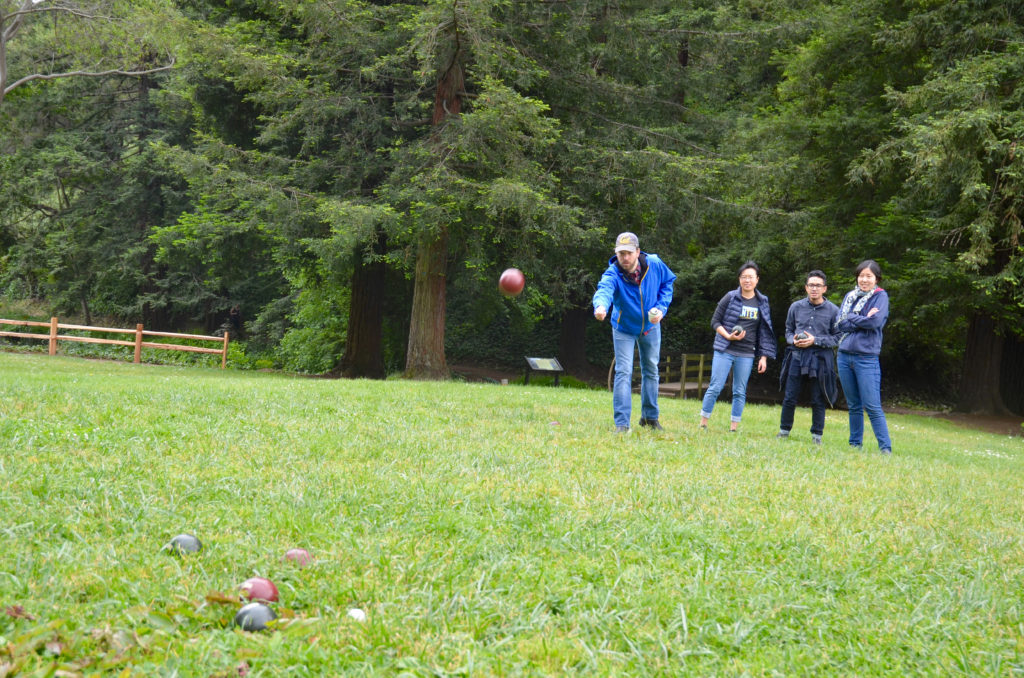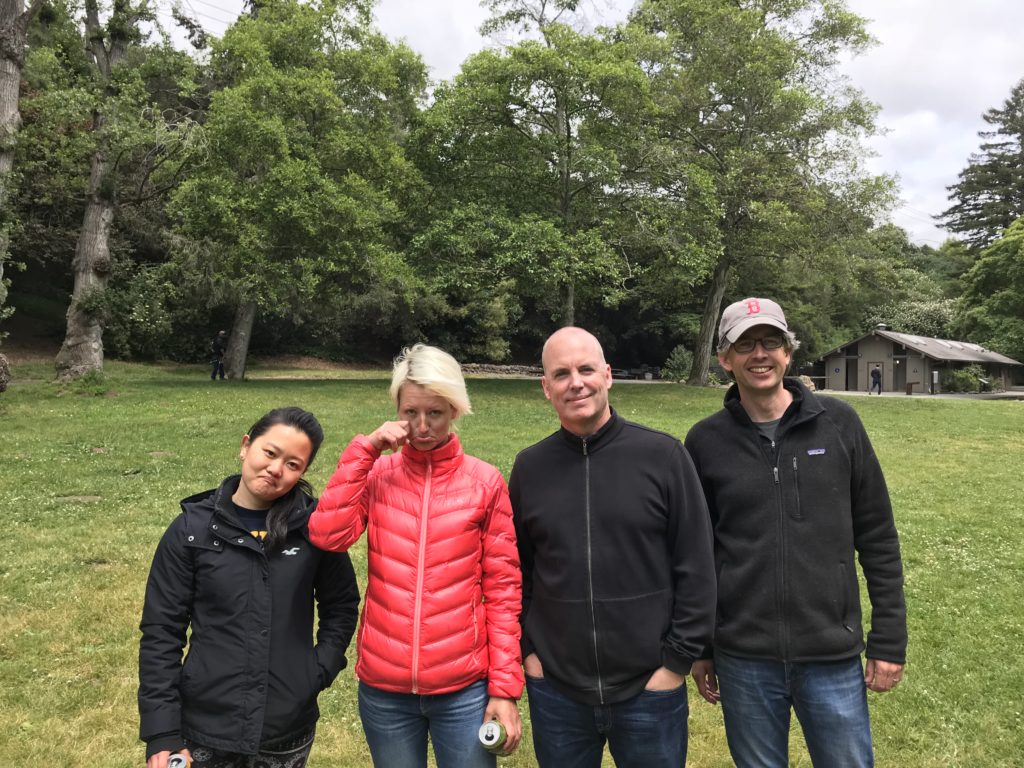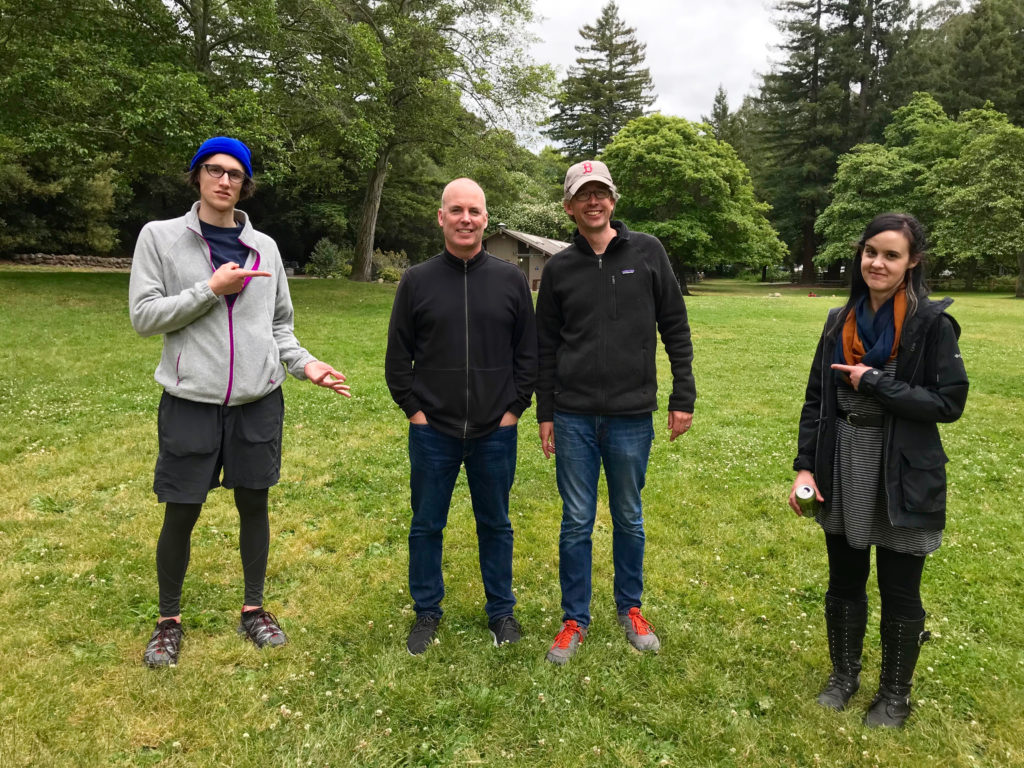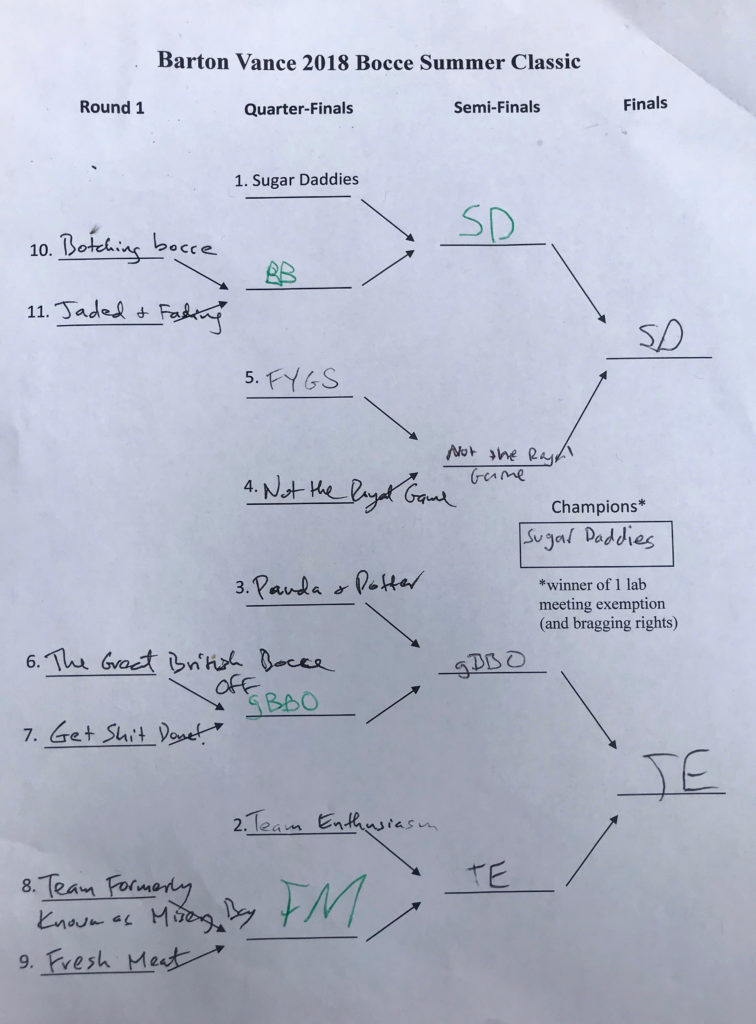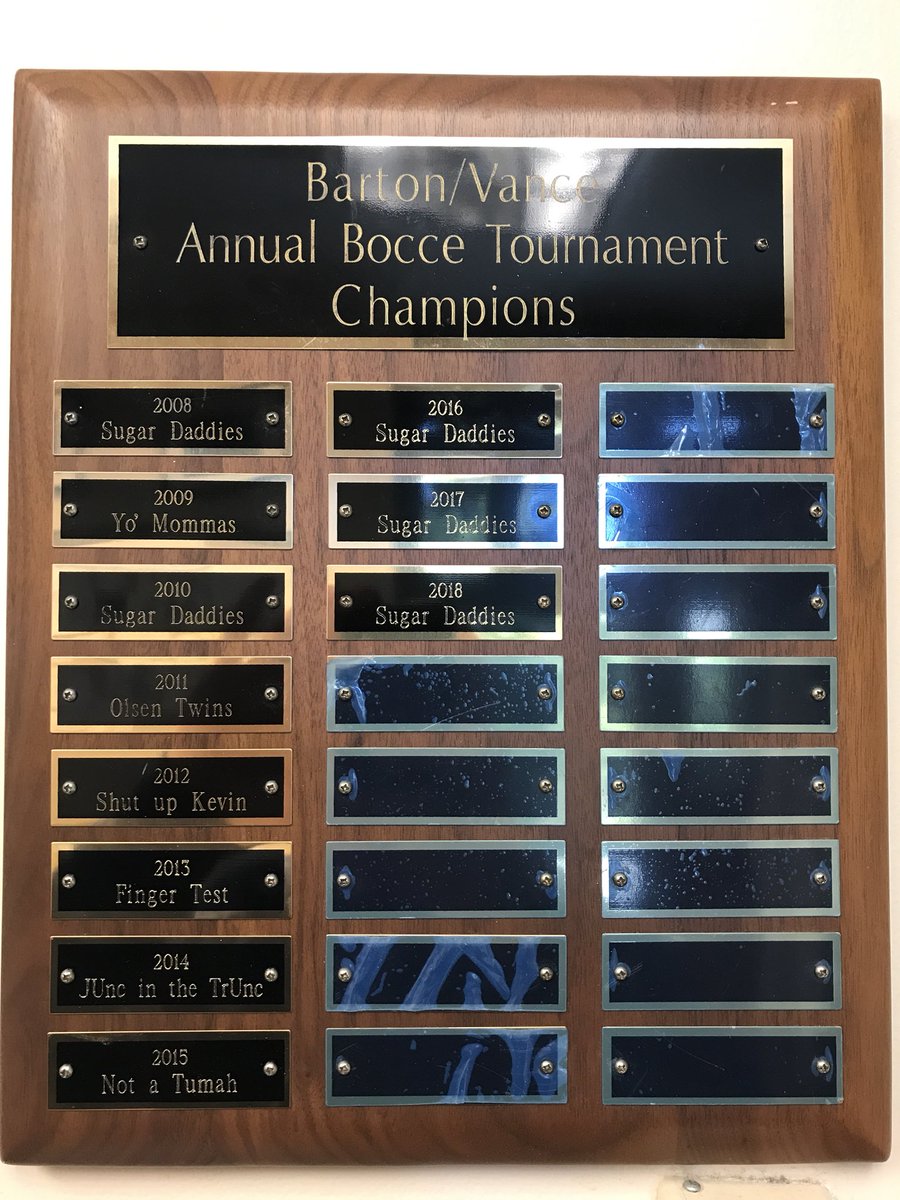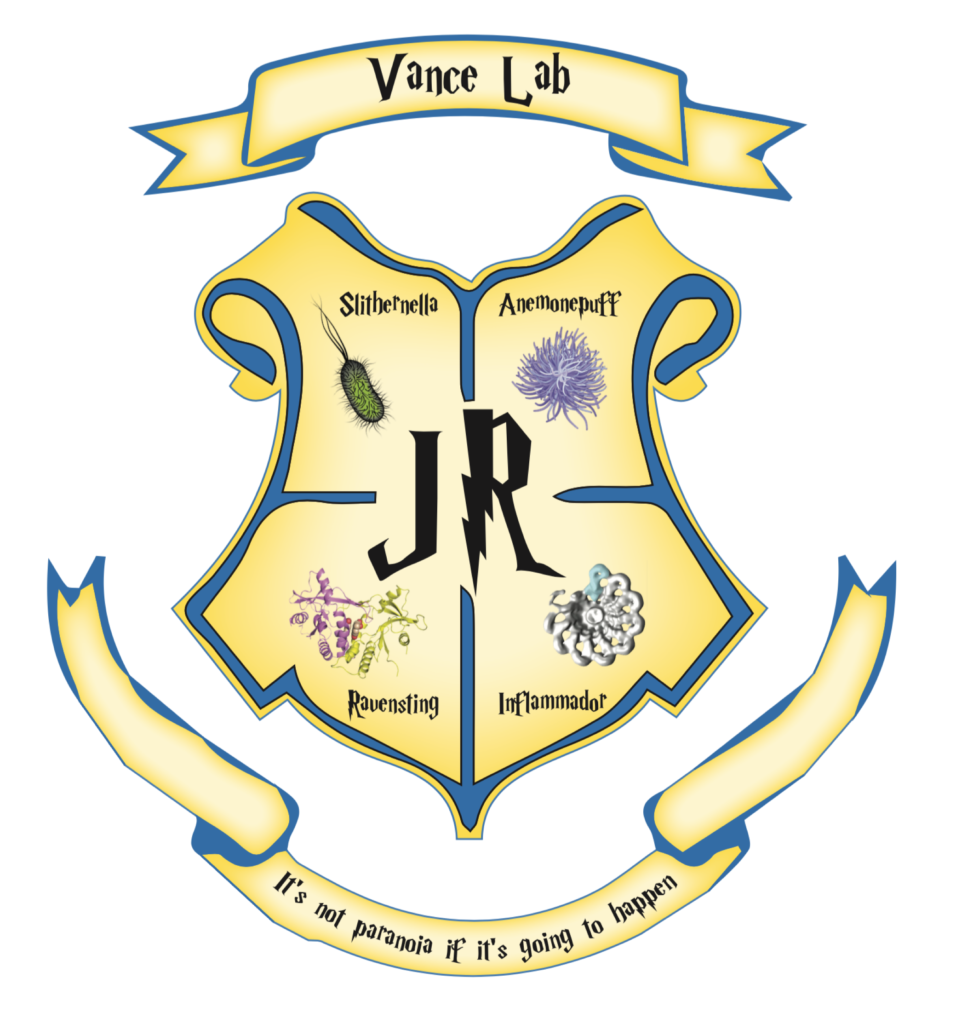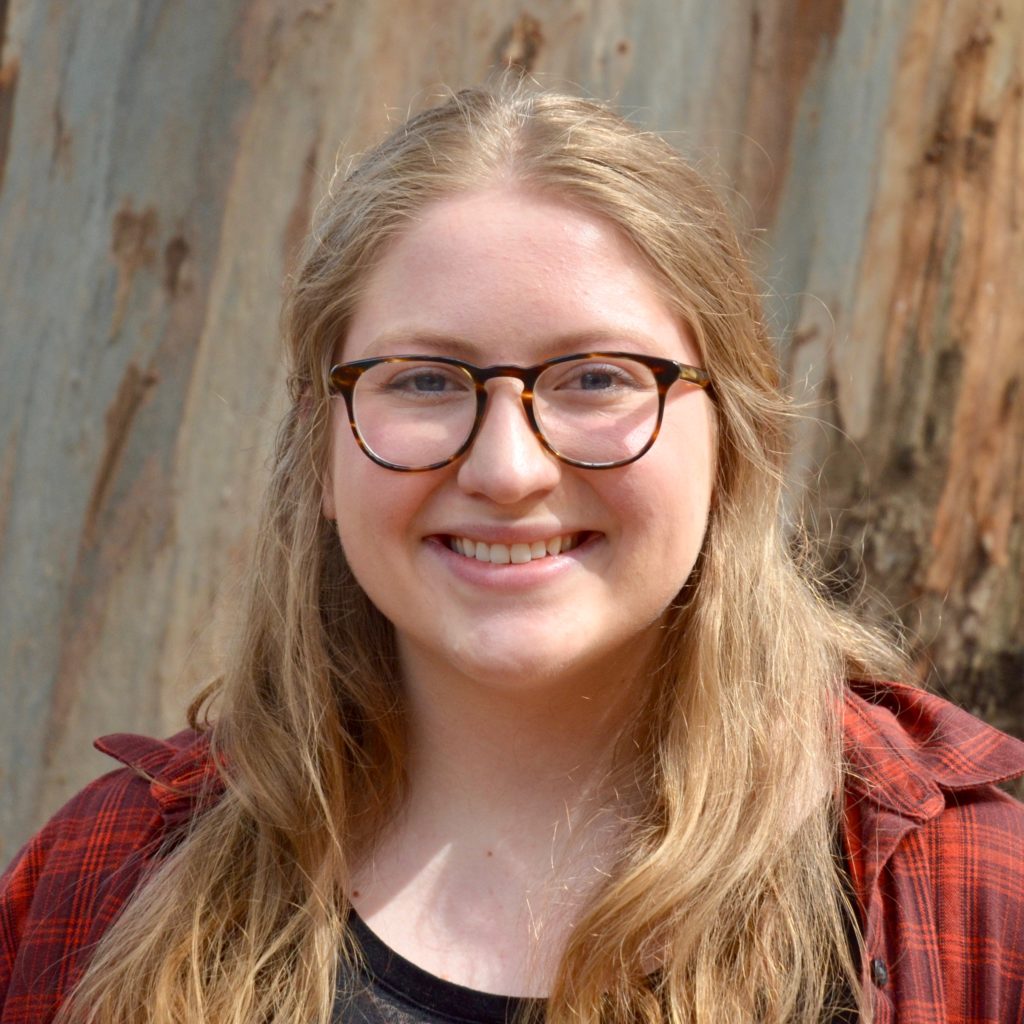
We are thrilled to welcome our newest graduate student, Elizabeth Turcotte, to the lab. Elizabeth hails from Cedar Falls Iowa, and attended the University of Northern Iowa, where she worked on Leishmania with Dr. Nilda Rodriguez. Elizabeth then did a 2-year postbac at the NIH studying mitosis in the lab of Dr. Mary Dasso. She is happy to be back in the world of host-pathogen interactions. When not in lab, you can find Elizabeth at home looking after her 2 cats, her tortoise, and her fish.
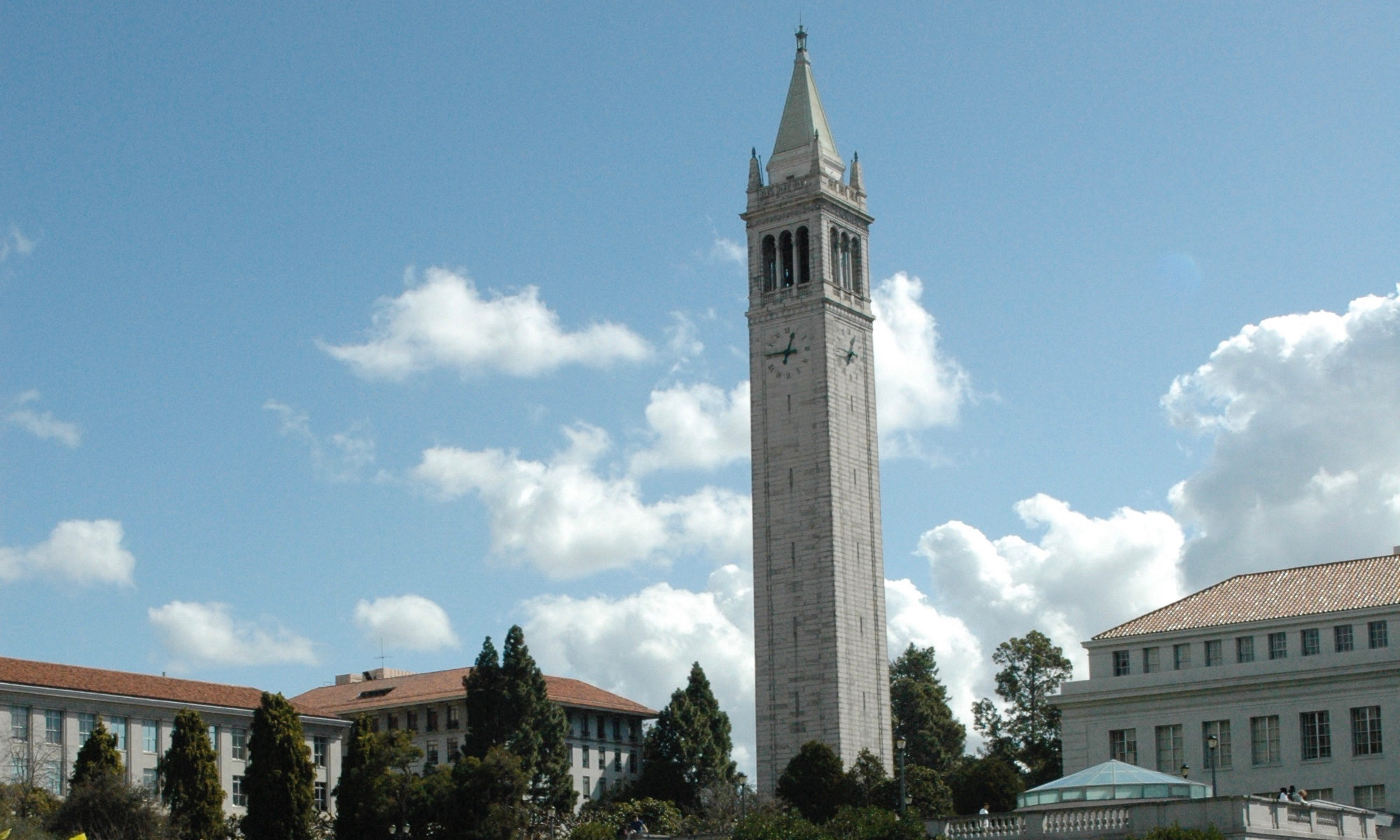
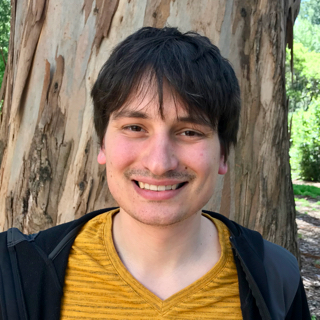

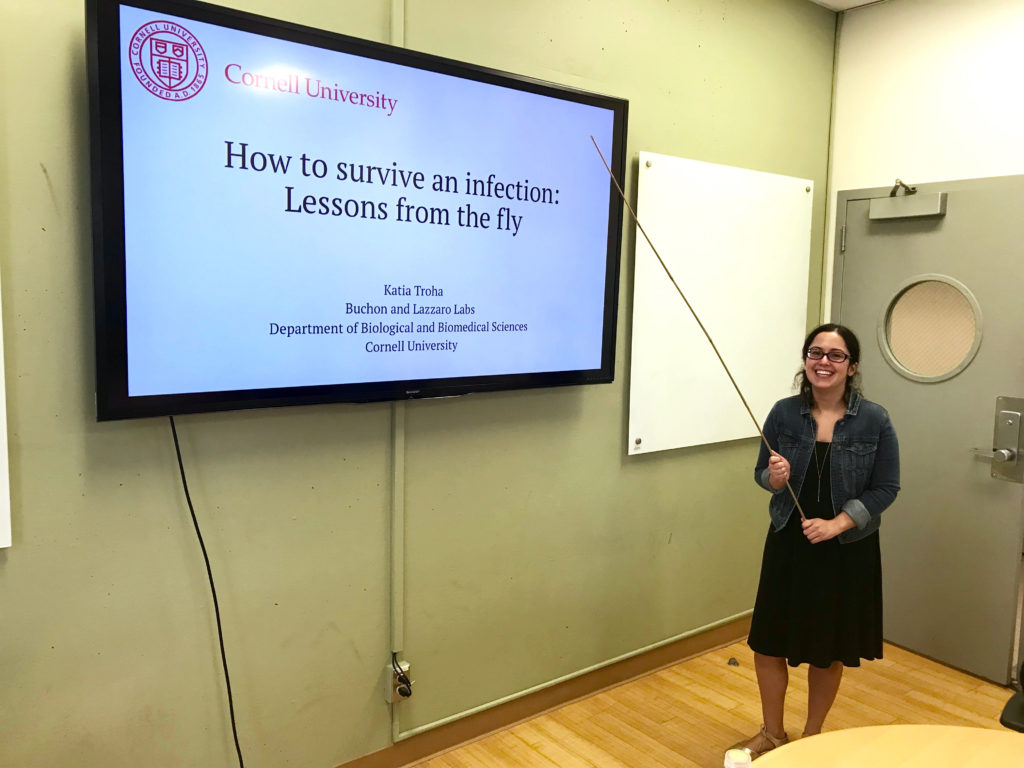
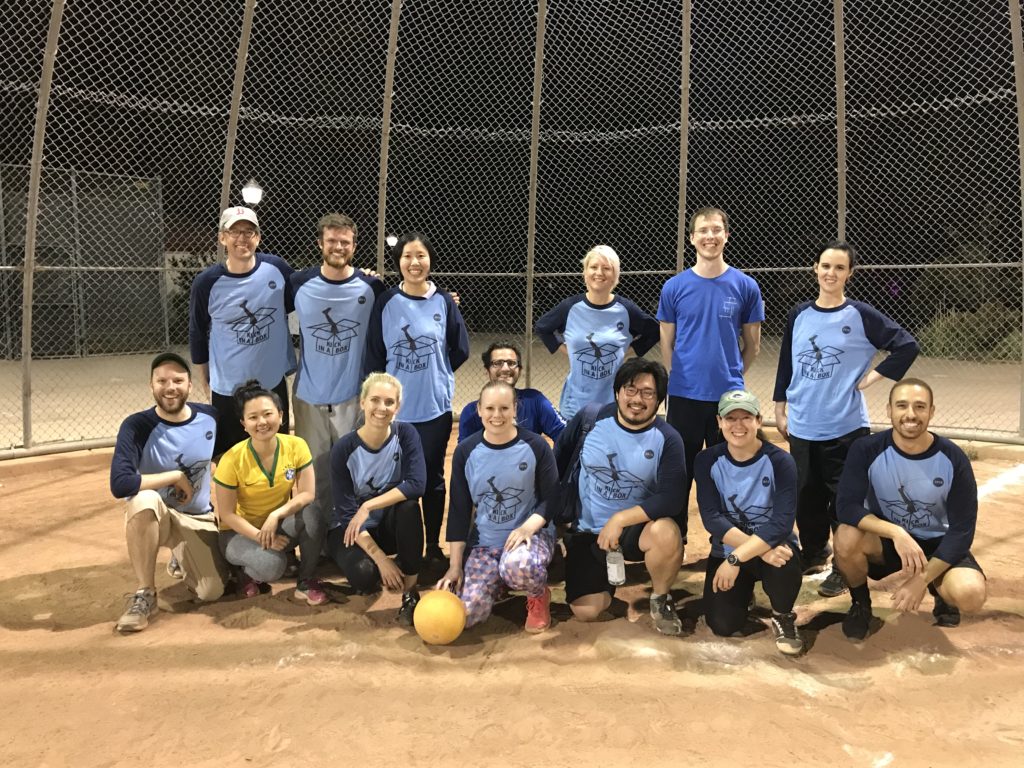 Kick-in-a-box after the semi-final
Kick-in-a-box after the semi-final